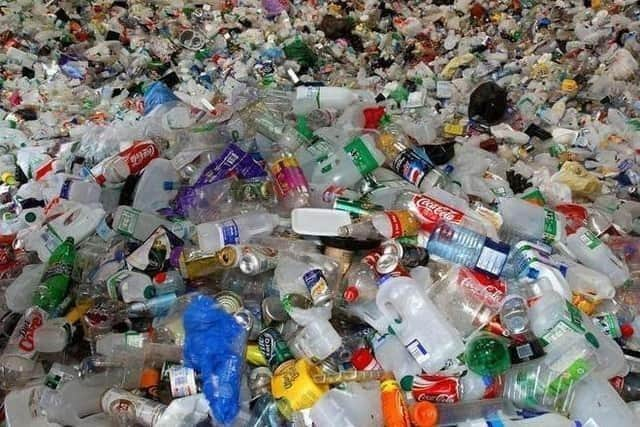The bustling town of Aylesbury is bracing itself for significant travel disruptions as a crucial thoroughfare into the town is […]
In light of a recent BBC investigation revealing disturbing trends in the international recycling market, Buckinghamshire Council is set to debate a critical motion to reduce the amount of recycling waste sent overseas. The investigation highlighted significant environmental and ethical concerns, prompting local authorities to re-evaluate their practices.
The Catalyst: A BBC Investigation

The BBC's investigative report was a wake-up call for many. It uncovered that a large proportion of the UK's recycling waste, once shipped overseas, often ends up in illegal dumping sites or is improperly managed. This poses severe risks not only to the environment but also to communities near these de facto landfills, many of which are in developing nations with fewer resources to manage the waste effectively.
The findings have sparked a national debate about the ethics and practicality of current recycling practices. The BBC's report specifically pointed out that much of the waste intended for recycling is contaminated or poorly sorted, making it difficult to process correctly. Consequently, this has led to growing mounds of waste in countries ill-equipped to handle them, thereby causing both ecological and human health crises.
Buckinghamshire Council's Response
Buckinghamshire Council has promptly responded to public outcry and the damning evidence presented by the BBC. The proposed motion will be debated in the next council meeting and aims to take immediate steps to curb the export of recycling waste. The primary objectives are to ensure more efficient local recycling processes and minimise the reliance on foreign countries to manage the UK's waste.
Council members are expected to discuss several initiatives as part of the motion. These include substantial investments in local recycling facilities, better waste-sorting technologies, and rigorous public education campaigns to improve recycling habits at the source. Additionally, the council will consider implementing stricter regulations for waste companies to ensure compliance with new standards designed to retain and process waste within the UK.
Public and Environmental Advocacy
The move has garnered support from numerous environmental advocacy groups and local residents who have long been calling for more sustainable and ethical waste management solutions. Environmentalists argue that keeping waste processing within the country would not only create jobs but also significantly reduce carbon footprints associated with shipping waste overseas. Moreover, local waste processing can be more closely monitored to ensure compliance with environmental regulations.
On the other hand, some industry insiders caution that the transition might pose financial challenges and require considerable time and investment. They argue that while the goal is commendable, the feasibility of overhauling the existing waste management infrastructure must be meticulously planned to avoid unintended negative consequences.
Looking Ahead
The upcoming debate within Buckinghamshire Council marks a pivotal step towards addressing the complex issue of recycling waste management. Should the motion pass, it could set a precedent for other councils across the UK to follow suit, potentially leading to nationwide reforms.
As the council prepares to deliberate on this pressing issue, the eyes of the nation will be on Buckinghamshire. The hope is that this initiative will lead to a more responsible, transparent, and environmentally friendly approach to managing the UK's recycling waste, ensuring that the country does its part in combating the global waste crisis.